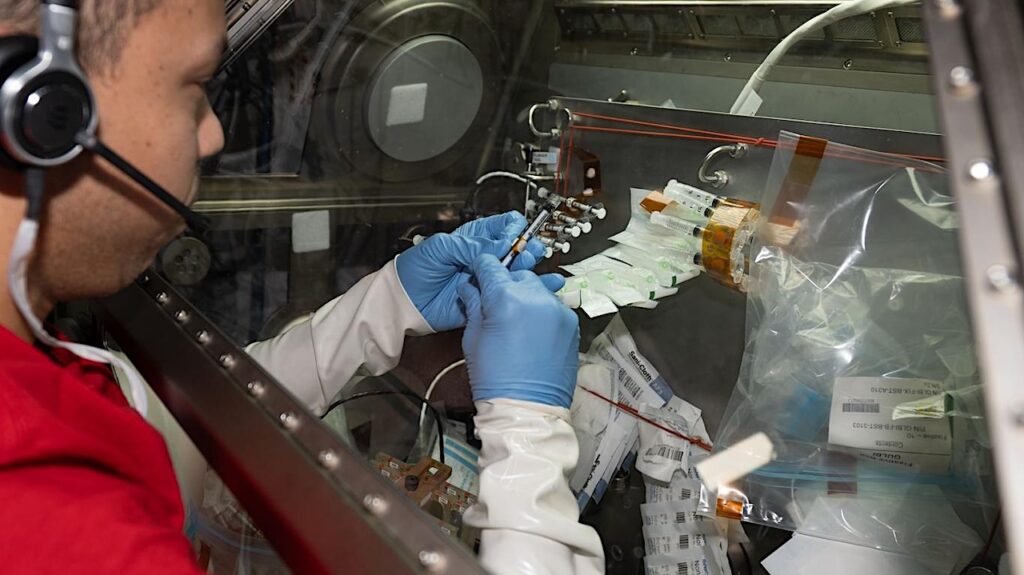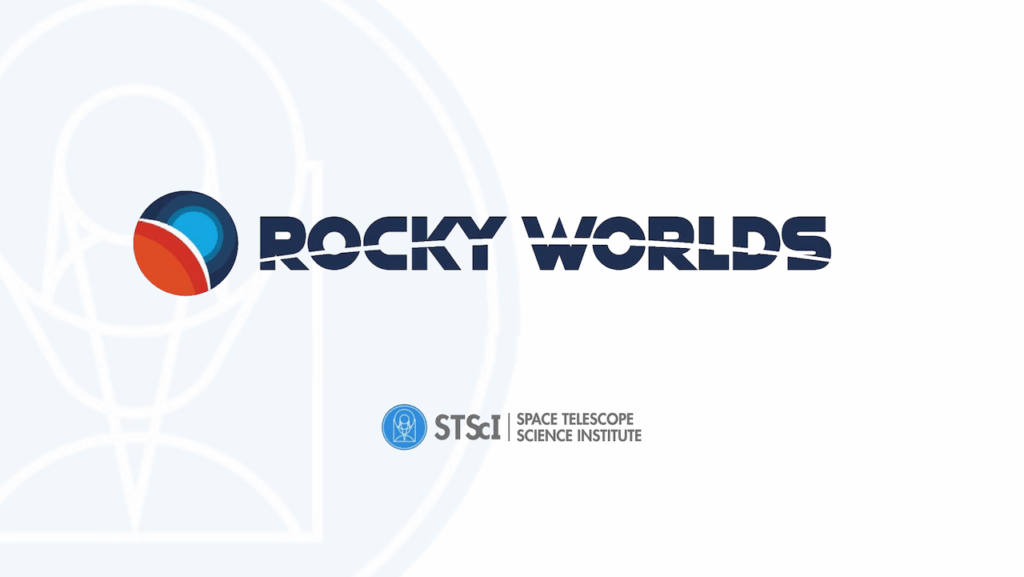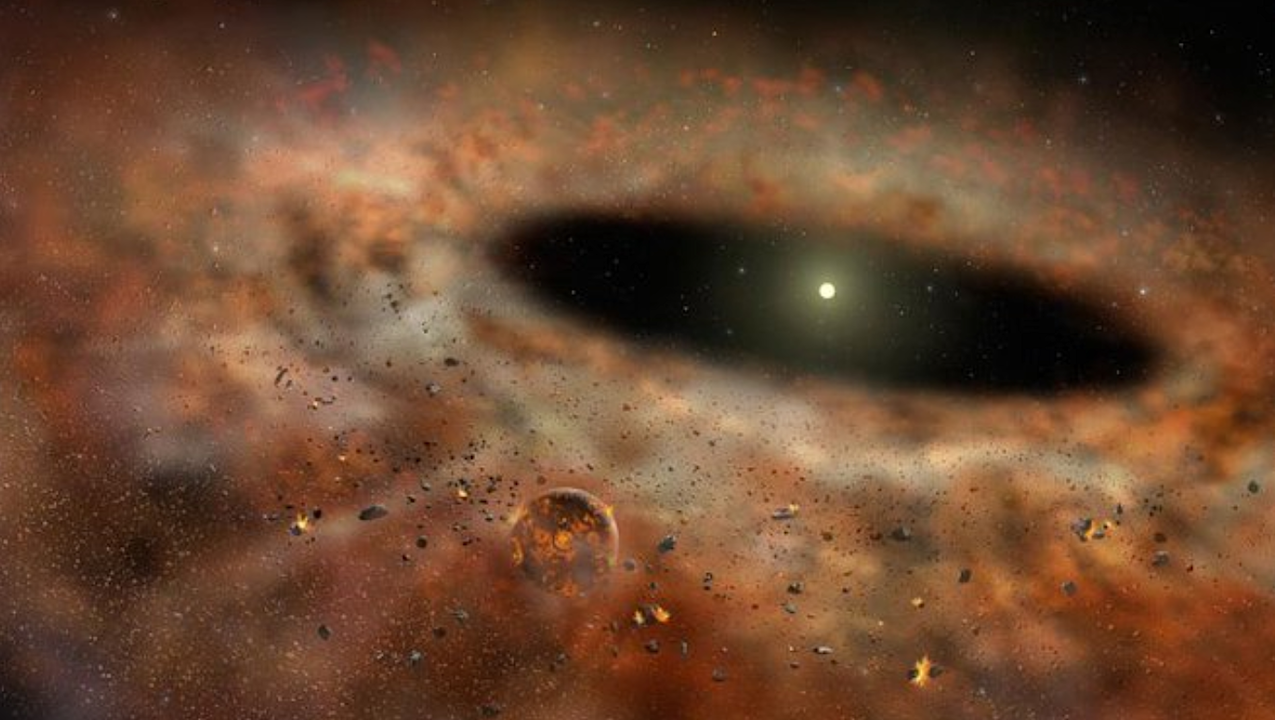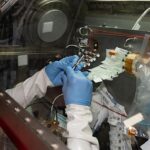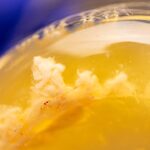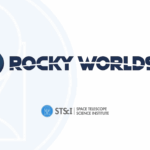Now Reading: Sorcha: Optimized Solar System Ephemeris Generation By Rubin Observatory
-
01
Sorcha: Optimized Solar System Ephemeris Generation By Rubin Observatory
Sorcha: Optimized Solar System Ephemeris Generation By Rubin Observatory


In this photo, the Milky Way is visible rising above the Vera C. Rubin Observatory.
Sorcha is a solar system survey simulator built for the Vera C. Rubin Observatory’s Legacy Survey of Space and Time (LSST) and future large-scale wide-field surveys.
Over the ten-year survey, the LSST is expected to collect roughly a billion observations of minor planets. The task of a solar system survey simulator is to take a set of input objects (described by orbits and physical properties) and determine what a real or hypothetical survey would have discovered.
Existing survey simulators have a computational bottleneck in determining which input objects lie in each survey field, making them infeasible for LSST data scales.
Sorcha can swiftly, efficiently, and accurately calculate the on-sky positions for sets of millions of input orbits and surveys with millions of visits, identifying which exposures these objects cross, in order for later stages of the software to make detailed estimates of the apparent magnitude and detectability of those input small bodies.
In this paper, we provide the full details of the algorithm and software behind Sorcha’s ephemeris generator. Like many of Sorcha’s components, its ephemeris generator can be easily used for other surveys.
Matthew J. Holman, Pedro H. Bernardinelli, Megan E. Schwamb, Mario Jurić, Drew Oldag, Maxine West, Kevin J. Napier, Stephanie R. Merritt, Grigori Fedorets, Samuel Cornwall, Jacob A. Kurlander, Siegfried Eggl, Jeremy Kubica, Kathleen Kiker, Joseph Murtagh, Shantanu P. Naidu, Colin Orion Chandler
Comments: 13 pages, 1 figure, accepted AJ 2025 May 23
Subjects: Earth and Planetary Astrophysics (astro-ph.EP); Instrumentation and Methods for Astrophysics (astro-ph.IM); Computational Physics (physics.comp-ph)
Cite as: arXiv:2506.02140 [astro-ph.EP] (or arXiv:2506.02140v1 [astro-ph.EP] for this version)
https://doi.org/10.48550/arXiv.2506.02140
Focus to learn more
Submission history
From: Matthew J. Holman
[v1] Mon, 2 Jun 2025 18:12:47 UTC (500 KB)
https://arxiv.org/abs/2506.02140
Astrobiology
Stay Informed With the Latest & Most Important News
Previous Post
Next Post
-
 01Two Black Holes Observed Circling Each Other for the First Time
01Two Black Holes Observed Circling Each Other for the First Time -
 02From Polymerization-Enabled Folding and Assembly to Chemical Evolution: Key Processes for Emergence of Functional Polymers in the Origin of Life
02From Polymerization-Enabled Folding and Assembly to Chemical Evolution: Key Processes for Emergence of Functional Polymers in the Origin of Life -
 03Astronomy 101: From the Sun and Moon to Wormholes and Warp Drive, Key Theories, Discoveries, and Facts about the Universe (The Adams 101 Series)
03Astronomy 101: From the Sun and Moon to Wormholes and Warp Drive, Key Theories, Discoveries, and Facts about the Universe (The Adams 101 Series) -
 04True Anomaly hires former York Space executive as chief operating officer
04True Anomaly hires former York Space executive as chief operating officer -
 05Φsat-2 begins science phase for AI Earth images
05Φsat-2 begins science phase for AI Earth images -
 06Hurricane forecasters are losing 3 key satellites ahead of peak storm season − a meteorologist explains why it matters
06Hurricane forecasters are losing 3 key satellites ahead of peak storm season − a meteorologist explains why it matters -
 07Binary star systems are complex astronomical objects − a new AI approach could pin down their properties quickly
07Binary star systems are complex astronomical objects − a new AI approach could pin down their properties quickly












